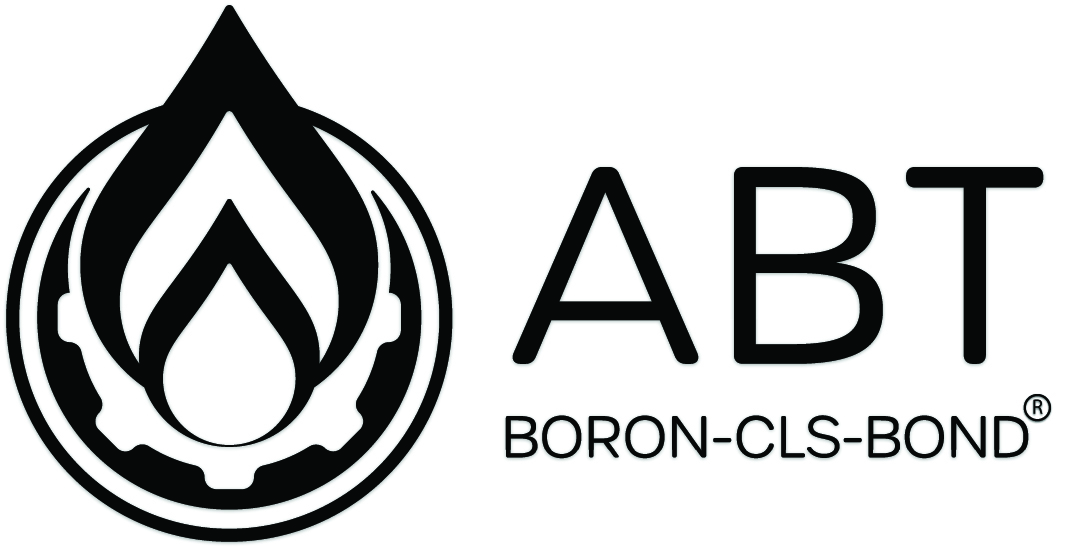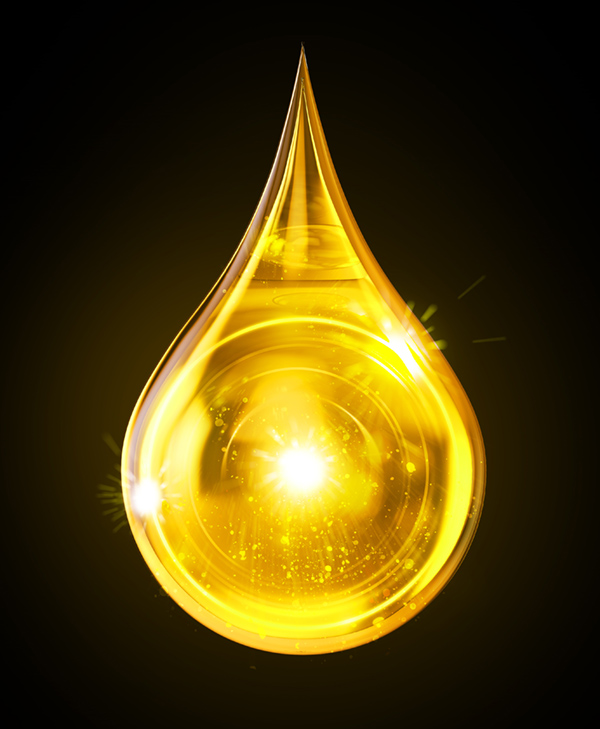Stages Of Alcohol Addiction: Early Stage, Middle Stage, Late Stage, Diagnosis, Treatment

Physical withdrawal symptoms manifest as the body becomes accustomed to the presence of alcohol and struggles to function without it. Common symptoms include tremors, sweating, nausea, anxiety, and irritability. According to a WashU Medicine news release, an estimated 9% of U.S. full-time workers (nearly 11 million people) meet the criteria for alcohol use disorder. Workers with severe alcohol use disorder miss approximately 32 workdays annually due to illness, injury, or absenteeism, over twice as many days as those without the disorder. Overall, this results in over 232 million missed workdays each year. Chronic and rapid tolerance contribute to early-stage alcoholism through different mechanisms.
- Groups like Alcoholics Anonymous (AA) and SMART Recovery offer peer support, accountability, and a sense of community, which are important for maintaining sobriety.
- Talk with people involved in your recovery about what to do if you have a lapse or relapse.
- This may vary from person to person and be influenced by things such as extent and length of use.
- If a person is in therapy during emotional relapse, the focus of therapy may pivot towards reinforcing the importance of self-care.
- If you find you are repeatedly drinking or using outside of those goals, you may want to try abstaining from drinking or using drugs instead.
- Enabling involves protecting someone from the consequences of their addiction.
The Role of Writing Therapy in Addiction Recovery
Engaging in supportive communities aids in addressing emotional and psychological challenges. It simply highlights that recovery is a continuous and non-linear process. Naomi Carr is a qualified mental health nurse with several years of experience working with children and adults in the UK.
- During the recovery process, you are likely to encounter many triggers that may cause you to think about drinking again.
- It can be led by close friends and family or guided by a professional, such as a therapist specialising in addiction.
- Relapse can be averted if friends or family members intervene and convince the person to go to recovery meetings or alcohol counseling.
- This stage marks an important point where alcohol withdrawal symptoms and cravings significantly impact daily life, reinforcing continued alcohol use.
Mental Health Resources

Don’t wait— reach out today to take the first step toward taking control of your life. Alcohol relapse doesn’t mean that you or your treatment program has failed. Relapse often occurs during the recovery process, and there are options available to you if you do relapse. If a person is in therapy during emotional relapse, the focus Alcohol Relapse of therapy may pivot towards reinforcing the importance of self-care.
- This guide helps you recognize early signs of alcohol relapse and implement prevention strategies to aid in avoiding relapse.
- Maintaining realistic expectations and prioritizing self-care help family members stay resilient throughout the recovery process.
- Another form of relapse is a “lapse.” A person lapsing may have one or two drinks then return to sobriety.
- In this situation, the individual may turn to drugs and alcohol to prevent their problems from getting worse.
- If you are struggling with addiction to alcohol or drugs, substance use treatment can help.
- As alcohol dependence intensifies, the risk of developing severe health complications increases, leading to alcohol addiction.
Stages of Alcohol Addiction: Early Stage, Middle Stage, Late Stage, Diagnosis, Treatment
If you’re recovering from an addiction to drugs or alcohol, a relapse doesn’t have to mean the end of that journey. Our state-specific resource guides offer a comprehensive overview of drug and alcohol addiction treatment options available in your area. The earlier the signs of an alcohol relapse are recognized in yourself or someone you love, the sooner you can take action.

It can be hard for you if you experience a mental relapse because you might have felt that you’d never think about using again after treatment. Understanding triggers for alcohol use is important for someone in recovery and their loved ones. If someone knows their triggers, they can better avoid them and reduce their risk of a relapse.
Going to Treatment After a Relapse

In these situations, it can be helpful to talk with someone you trust or journal about the days leading up to the lapse or relapse to see what might have contributed to your choice to use alcohol or drugs. While relapsing can bring about shame and feelings of failure, a relapse is generally accepted as an expected part of the recovery process for most people. It can be compared to someone having a flare-up of their diabetes or hypertension symptoms. However, relapse can be an opportunity to reset, develop clear needs and goals, and continue.

By being aware of these stages of relapse, you may be able to identify the signs early on in yourself or someone else and take steps to adjust what’s happening before there’s a full-blown relapse. Having a comprehensive treatment plan that includes relapse prevention is important since recovery doesn’t end when you leave your substance use treatment program. Together with a licensed professional, you will develop a treatment plan that is individualized to your needs and is monitored throughout your time in treatment. Relapse doesn’t happen immediately; rather, it is a gradual process that is different for each person. The process of relapse starts weeks and even months before you consume alcohol or ingest drugs into your system.3 Relapse occurs in three stages that include emotional, mental, and physical.
How to Develop a Mindful Approach to Recovery
Chronic tolerance develops gradually with repeated alcohol exposure, leading to reduced motor impairment and sedation despite high alcohol levels. Scientific evidence supports the progressive nature of alcohol addiction. According to the National Institute on Alcohol Abuse and Alcoholism (NIAAA), approximately 14.5 million adults in the U.S. had AUD in 2019.
Each approach addresses different aspects of addiction, working together to help individuals achieve lasting recovery. Severe withdrawal symptoms are prevalent during late-stage alcoholism when alcohol dependence is at its peak. Symptoms include delirium tremens (DTs), seizures, hallucinations, and extreme agitation. Memory loss and cognitive impairment are significant symptoms alcoholism treatment of late-stage alcoholism, primarily resulting from alcohol-induced brain damage. Chronic alcohol abuse disrupts the brain’s neurotransmitter systems, leading to issues such as poor memory retention, difficulty concentrating, and diminished problem-solving abilities. Alcohol-related dementia and Wernicke-Korsakoff syndrome, called “wet brain,” are severe cognitive disorders linked to long-term alcohol abuse.






